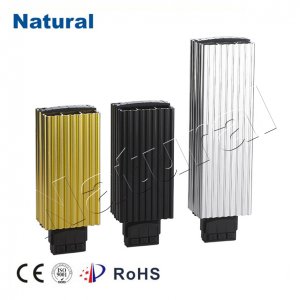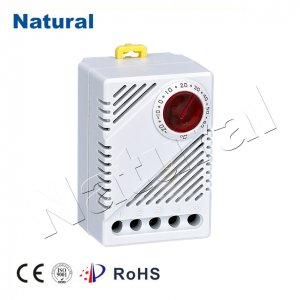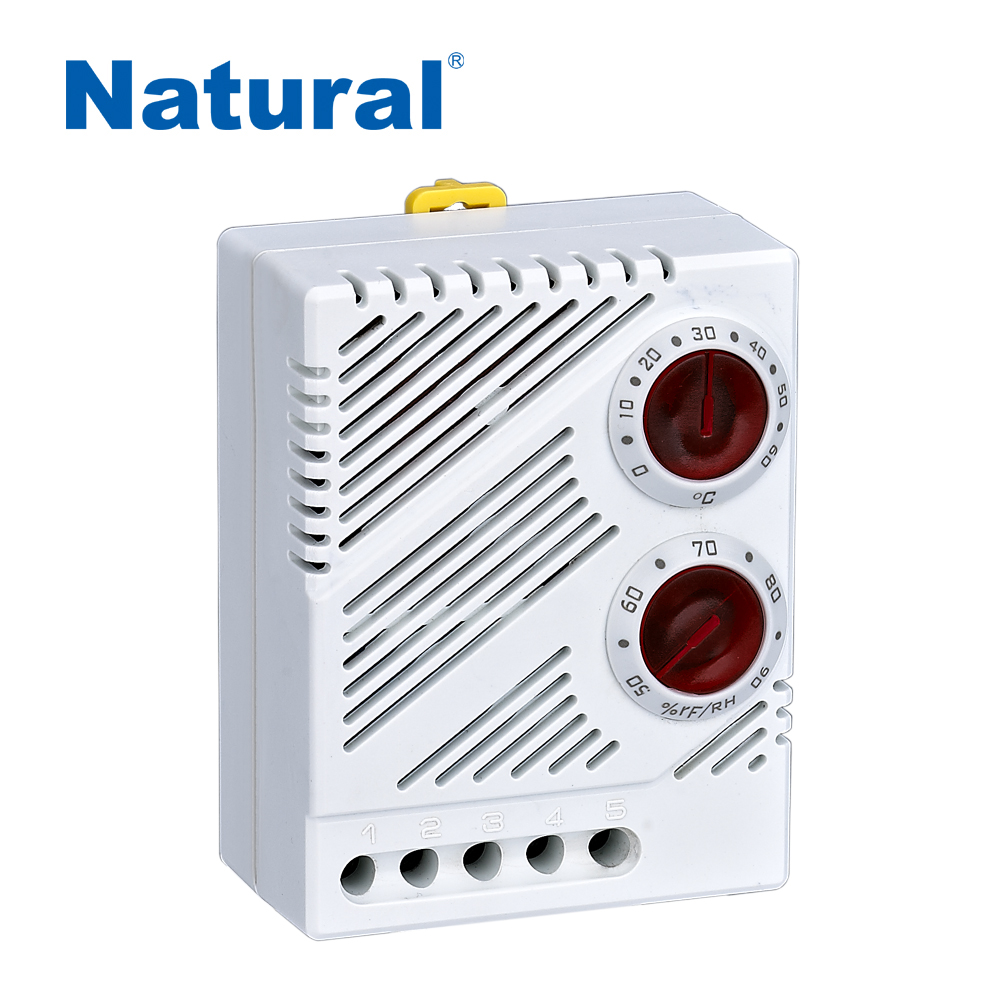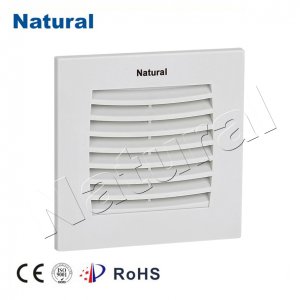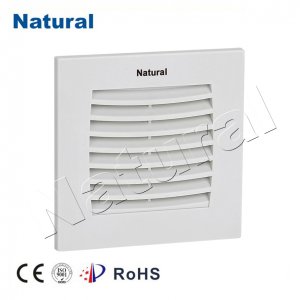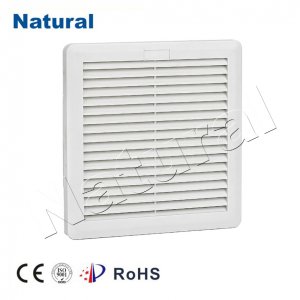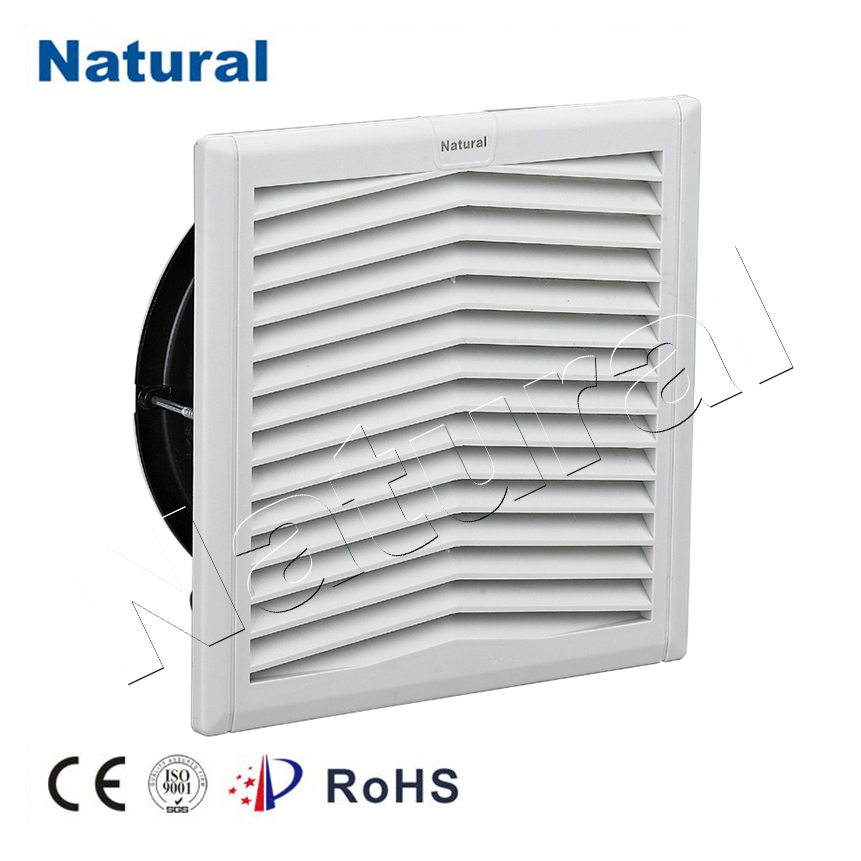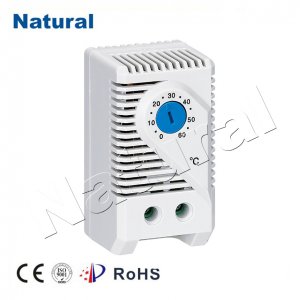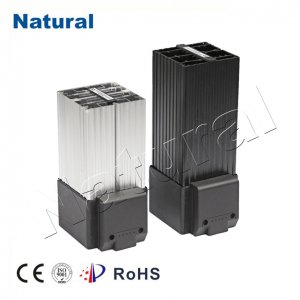In the realm of electronics and machinery, maintaining optimal operating conditions is crucial for ensuring longevity and performance. Enclosure fan filters play a pivotal role in achieving this by enhancing airflow and safeguarding equipment from dust and contaminants. In this article, we will explore the significance of enclosure fan filters and their impact on various industries.
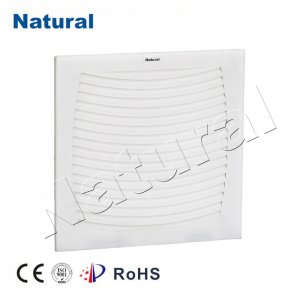
Understanding Enclosure Fan Filters Enclosure fan filters are specialized components designed to be installed in the ventilation openings of electrical enclosures and cabinets. These filters serve a dual purpose: first, to promote efficient airflow within the enclosure, and second, to act as a barrier against airborne particles, preventing them from entering the enclosure and potentially damaging sensitive electronic components. Enhancing Airflow Proper airflow is essential for preventing overheating in electrical enclosures. Electronic components generate heat during operation, and if this heat is not dissipated effectively, it can lead to reduced component lifespan and even system failures. Enclosure fan filters facilitate the circulation of air within the enclosure, helping to dissipate heat and maintain a stable operating temperature. By improving airflow, enclosure fan filters enable equipment to function optimally, reducing the risk of overheating-related issues. This is particularly critical in industries where downtime can be costly and potentially dangerous, such as manufacturing, data centers, and telecommunications. Protection Against Dust and Contaminants Dust and contaminants are omnipresent in many industrial environments. When these particles infiltrate electrical enclosures, they can settle on sensitive components, obstructing airflow, and causing overheating. Additionally, dust can create electrical shorts and reduce the lifespan of equipment. Enclosure fan filters are equipped with various filtration media, including foam, polyester, and HEPA filters, to trap dust and contaminants before they can enter the enclosure. This ensures a clean and dust-free environment inside the enclosure, prolonging the life of electronic components and reducing maintenance requirements. Applications Across Industries Enclosure fan filters find applications across a wide range of industries: Manufacturing:In manufacturing facilities, machinery and control cabinets are often exposed to dust and debris. Enclosure fan filters help maintain the reliability of automation systems, ensuring uninterrupted production processes. Data Centers:Data centers house numerous servers and networking equipment. Enclosure fan filters protect these critical components from dust and maintain stable temperatures, minimizing the risk of data loss or system downtime. Telecommunications:Telecommunications equipment, such as base stations and communication enclosures, must operate reliably in outdoor environments. Enclosure fan filters shield sensitive electronics from harsh weather conditions and airborne particles. Medical:Medical equipment, such as diagnostic machines and patient monitoring systems, requires a sterile environment. Enclosure fan filters help maintain the cleanliness of equipment, ensuring the accuracy of medical tests and patient safety. Choosing the Right Enclosure Fan Filter Selecting the appropriate enclosure fan filter depends on the specific requirements of the application. Factors to consider include the type of contaminants present, airflow requirements, and the size and design of the enclosure. Consulting with experts or manufacturers can help ensure the right filter is chosen for the job. In conclusion, enclosure fan filters are indispensable components for maintaining the performance and longevity of electrical equipment in various industries. By facilitating proper airflow and protecting against dust and contaminants, these filters contribute to the reliability and efficiency of critical systems. When it comes to safeguarding your equipment and ensuring uninterrupted operation, investing in high-quality enclosure fan filters is a wise decision.
